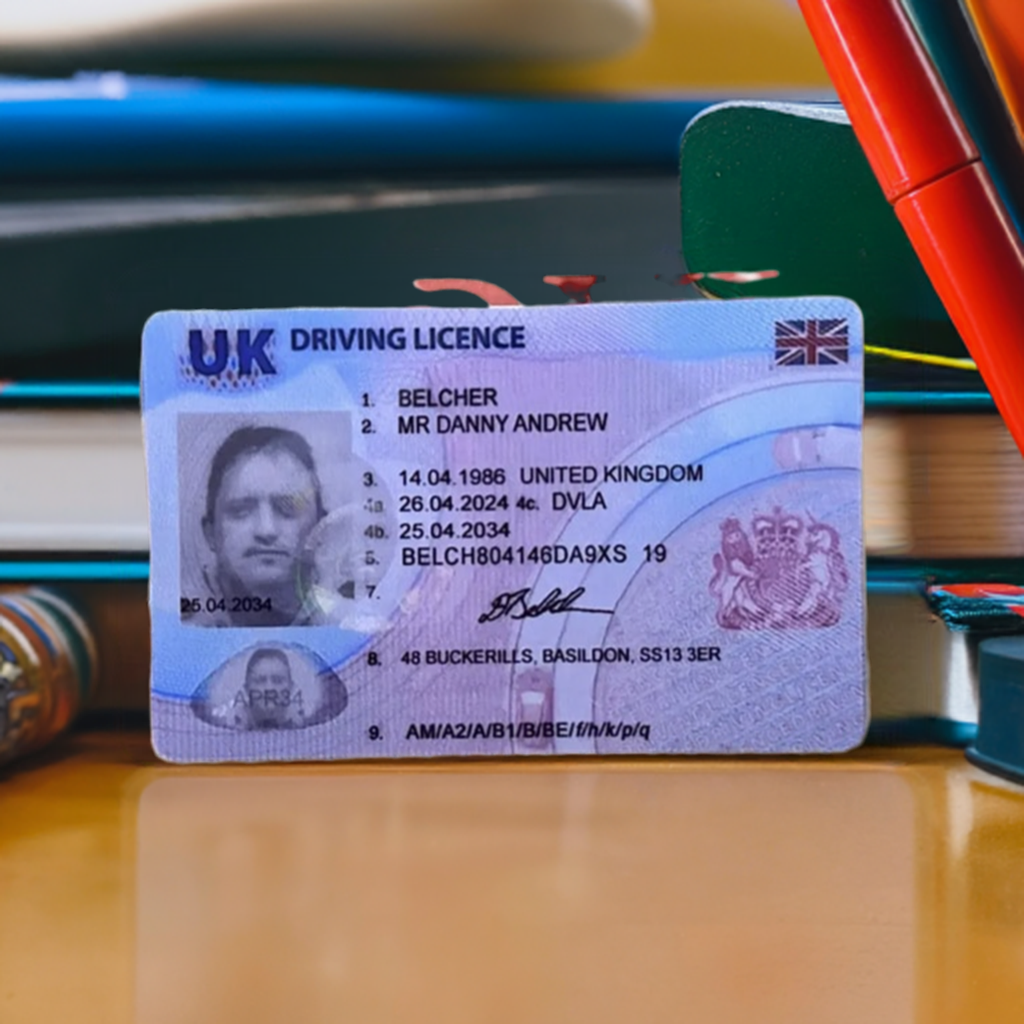Renew drivers licence over 70

Renewing Your Driver’s License After 70: What You Need to Know
Are you over 70 and need to renew your driver’s license? Many older adults worry about this process. You might wonder if it’s complicated or if you’ll have to retake driving tests. The good news is, renewing your license can be straightforward. This guide gives you simple steps and resources to make it easier. Let’s take away the stress of license renewal.
Understanding State-Specific Requirements
Each state has its own rules for renewing a driver’s license. It’s vital to know your state’s specific process. Don’t assume what works in one state is the same in another.
Locating Your State’s DMV Website
The first thing to do is find your state’s Department of Motor Vehicles (DMV) website. This is your go-to source for correct information. You can usually find it by searching “[your state] DMV” on a search engine like Google. Make sure the website address ends in “.gov” to ensure it’s official. Never use third-party sites that might have wrong details or try to charge fees.
Key Differences in Renewal Procedures by State
Renewal rules differ greatly. Some states require vision tests every time you renew. Others might need a written knowledge test or even a road test. Some states require you to renew more often after you turn a certain age, like 75 or 80. Some might ask for a note from your doctor stating you are medically fit to drive. Knowing these differences is key.
Common Required Documents and Information
While each state is different, some things are commonly needed. You’ll likely need your current driver’s license. Proof of residency, like a utility bill, is often required. Your Social Security number might be asked for too. It’s a good idea to have these documents ready before you start the renewal process.
Vision and Medical Assessments
Vision and medical checks are key for senior drivers. They help ensure everyone on the road is safe. As we age, our vision and health can change. These tests make sure you can still drive safely.
What to Expect During a Vision Test
The vision test checks how well you see. You’ll likely need to read an eye chart to check your visual acuity. They may test your peripheral vision, which is your ability to see things to the side while looking forward. It’s smart to wear your glasses or contacts to the test, if you use them. If you are getting new glasses, bring them to the test!
Medical Evaluations and Reporting Requirements
Some states need a medical evaluation from your doctor. This is to make sure any health conditions don’t affect your driving. Your doctor might need to fill out a form about your health. Certain conditions, like seizures or dementia, might need to be reported. This doesn’t always mean you can’t drive. It might just mean some rules are in place for your safety.
Finding Approved Medical Professionals
Your state’s DMV website often has a list of approved medical professionals. You can also ask your primary care doctor for a referral. Make sure the doctor you choose understands the DMV’s requirements. It’s also a good idea to check if your doctor has experience with DMV evaluations.
Knowledge and Road Tests
Some states require older drivers to take knowledge or road tests. This makes sure you still know the rules of the road and can drive safely. Don’t worry, with a little prep, you can pass these tests.
Preparing for the Written Knowledge Test
The written test covers traffic laws and safe driving practices. The DMV website has a driver’s handbook to study. Many sites also offer practice tests. Take these tests to see what you need to work on.
What to Expect During the Road Test
The road test checks your driving skills in a real-world setting. You’ll drive with an examiner who will watch how well you follow traffic laws. They’ll also look at how well you control the vehicle. Practice common maneuvers like turning, parking, and merging. It’s important to stay calm during the test.
Alternatives to the Road Test
Some states offer alternatives to the full road test. These might include senior driving courses. These courses can refresh your skills and might waive the road test. “Refresher” tests that are shorter or easier may also be an option.
Addressing Potential Driving Restrictions
Sometimes, older drivers face certain driving restrictions. These are in place for safety. They don’t always mean you can’t drive. They might simply adjust when, where, or how you drive.
Common Types of Driving Restrictions
A common restriction is “daylight only” driving. This means you can only drive during daylight hours. Another restriction might limit your driving to a certain area. You might only be able to drive within a certain radius of your home. Speed limitations may also be applied in certain areas with tighter enforcement than others.
Appealing or Modifying Restrictions
If you disagree with a restriction, you can often appeal it. The DMV website will have details on the appeal process. You might need to provide more medical information. You could also ask for a re-evaluation of your driving skills.
Adaptive Driving Equipment and Training
Adaptive equipment can help drivers with physical challenges. This might include special mirrors, steering wheel devices, or pedal extensions. Special driving trainers can help you learn how to use this equipment.
Maintaining Safe Driving Habits
Staying safe behind the wheel is important at any age. But, it’s even more important as we get older. There are things you can do to be a safer driver.
Regular Vehicle Maintenance
Keep your car in good shape with regular maintenance. Get your car serviced per the schedule. Check your tires, lights, and fluid levels often. A well-maintained car is safer to drive.
Staying Physically and Mentally Fit
Good health is key to safe driving. Exercise can improve your strength and flexibility. Mental exercises can keep your mind sharp. If you take prescription medicine, know how it affects your driving.
Enrolling in Senior Driving Safety Courses
Senior driving safety courses can help you brush up on your skills. Groups like AARP offer these courses. They cover new traffic laws and safe driving techniques. These courses can also earn you an insurance discount.
Conclusion
Renewing your driver’s license after 70 is manageable. Know your state’s rules, prepare for any tests, and maintain safe driving habits. Staying informed and proactive will help you keep your driving freedom. Regular self-assessment is just as important. Driving safely keeps you and others on the road safe, so prioritize your health!

Leave a Reply